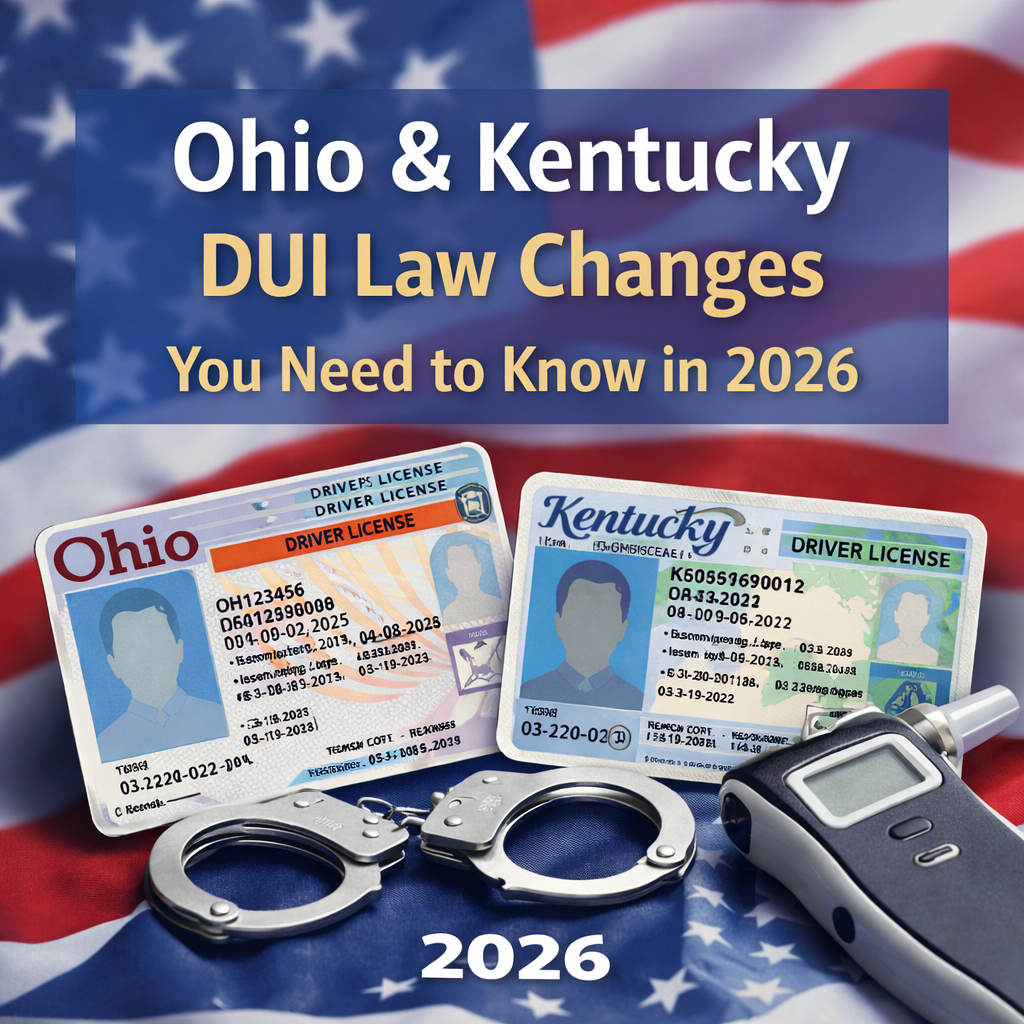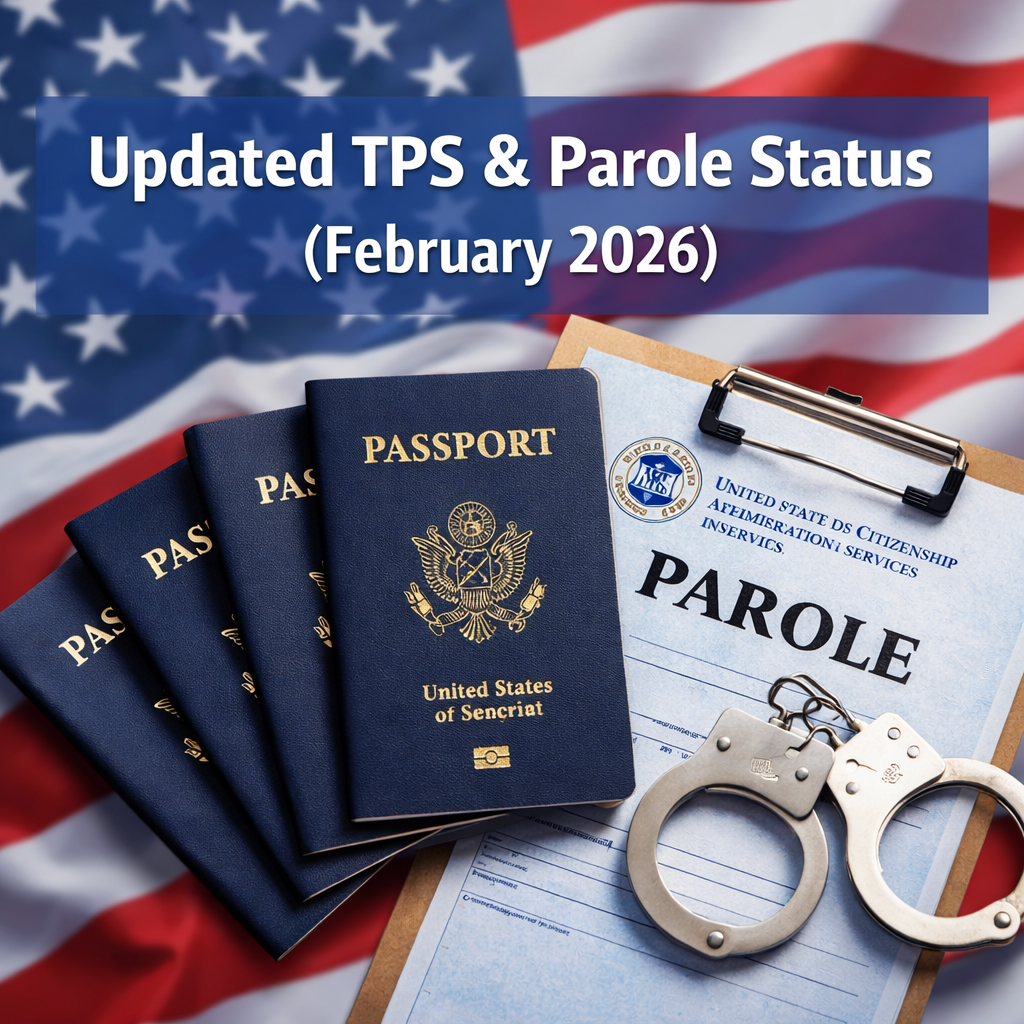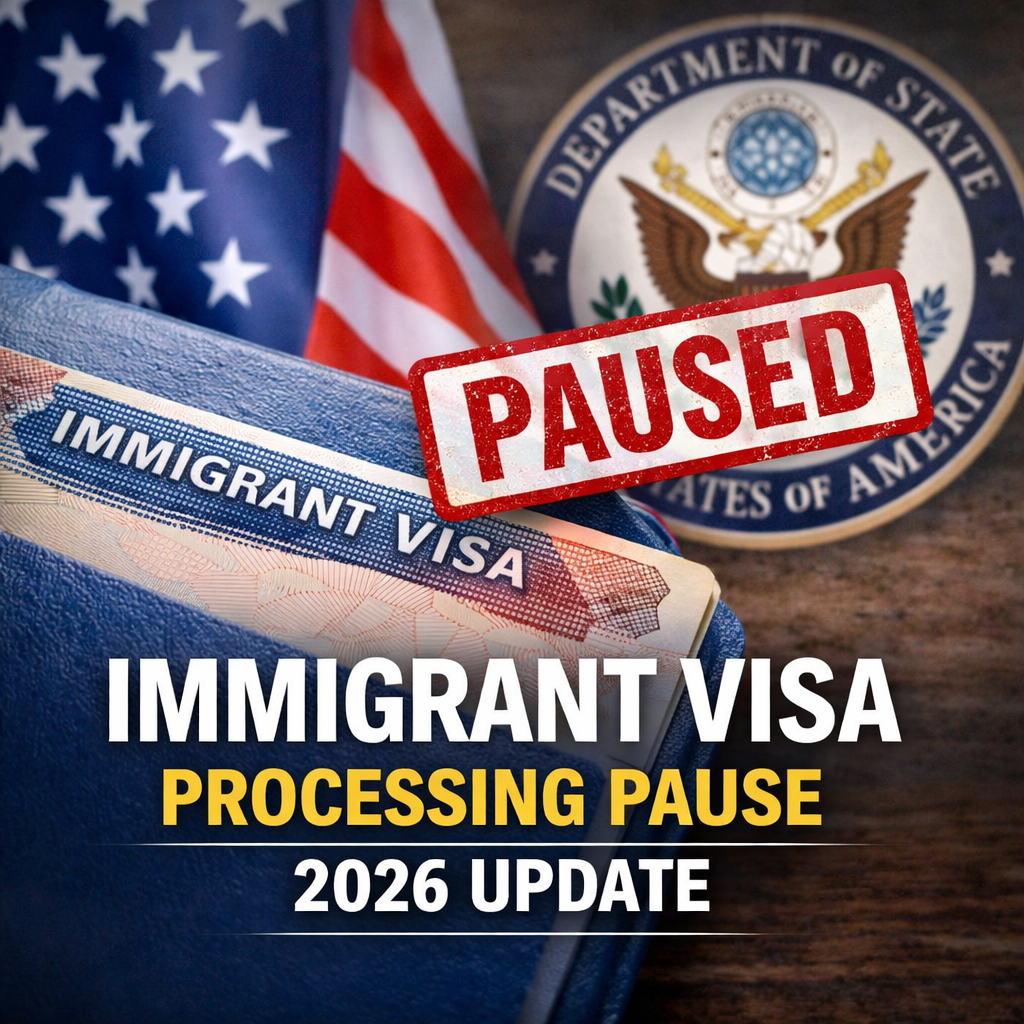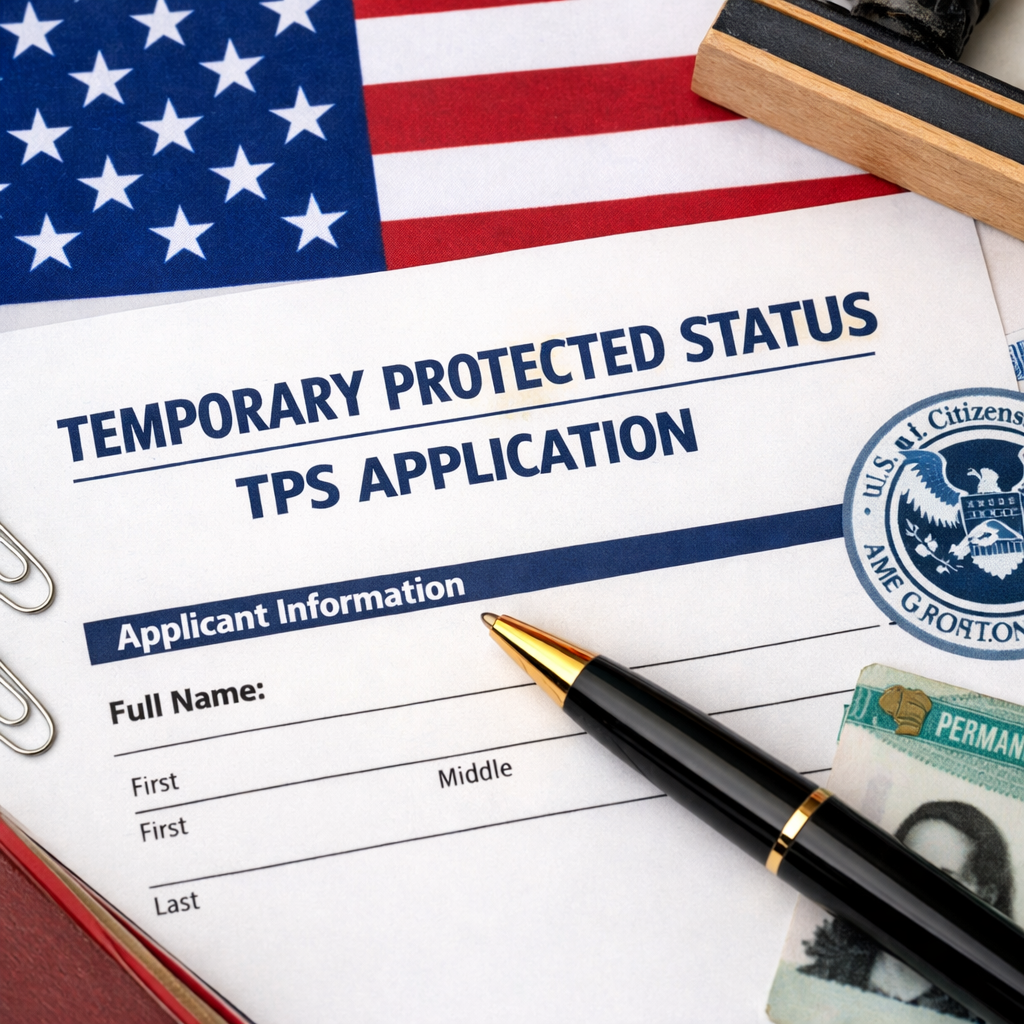Trump’s Immigration Executive Orders: Key Changes and Their Impact
Due to a series of new Executive Orders issued by President Trump, the U.S. immigration system is changing rapidly. These changes affect who can become a U.S. citizen, how the government enforces immigration laws, and who can enter or stay in the country. If you are an immigrant, visa holder, or asylum seeker, it’s important to understand how these new policies may affect you or your family. Below, we provide an overview of the changes to the U.S. immigration system as a result of President Trump’s recent Executive Orders, current as of the date of this post.
Changes to Birthright Citizenship
If both parents are not U.S. citizens or legal permanent residents, their child may not automatically become a U.S. citizen, even if born in the United States. If you are undocumented and expecting a child while present in the U.S., your child may not be considered a U.S. citizen under this new Executive Order.
Stricter Visa and Asylum Screening
The U.S. government is increasing security checks for visa, asylum, and other immigration applications. People from certain high-risk countries will face stricter background checks. If you are applying for a visa or asylum, prepare for longer wait times, more requests for documents, and possible application denials.
Border Security and Immigration Enforcement
The government plans to build more border walls and barriers to prevent unauthorized crossings at the U.S.-Mexico border. There will be an increase in detention centers for undocumented immigrants, and deportations will happen more quickly and frequently. If you are undocumented, this could mean a higher risk of detention and deportation. If you are waiting for asylum or another legal status, expect stricter rules and longer delays.
New Immigration Enforcement Policies
Undocumented immigrants could be deported faster, sometimes without seeing a judge. Immigration raids will increase in places that protect immigrants, such as sanctuary cities. The government will focus on deporting anyone without legal status, no matter how long they have been in the U.S. If you are undocumented, be ready for possible raids and know your rights if immigration officers stop you. If you have legal status, always carry your immigration documents in case you are asked to prove this. Know your rights as an immigrant.
Suspension of the U.S. Refugee Program
The U.S. will stop accepting new refugees for resettlement. Refugees already in the process may have long delays or be denied entry. It will also be harder for asylum seekers at the border to prove their case. If you are seeking asylum or waiting for refugee status, it’s important to speak with an immigration lawyer to understand your options.
Targeting Cartels & Criminal Organizations
The U.S. may label certain cartels and gangs as “terrorist organizations.” This would allow the government to freeze their assets and deny visas to people suspected of being connected to these groups. If you are from a country with cartel or gang violence, you may face additional questioning or other delays when applying for a visa or asylum. Even if you are not involved with any criminal group, you could be denied entry or deported based on suspicion of membership. See how terrorism-related policies impact immigration.
Need Legal Assistance? Contact Us Today!
If you think that you or a loved one may be affected by the recent changes in U.S. immigration policies and need legal guidance, contact the Law Firm of Anna Korneeva at (513) 334-3008. Our experienced immigration attorneys can help you navigate the complexities of U.S. immigration law and find the best solution for your case.
Contact us today to schedule a consultation and get personalized legal assistance.




